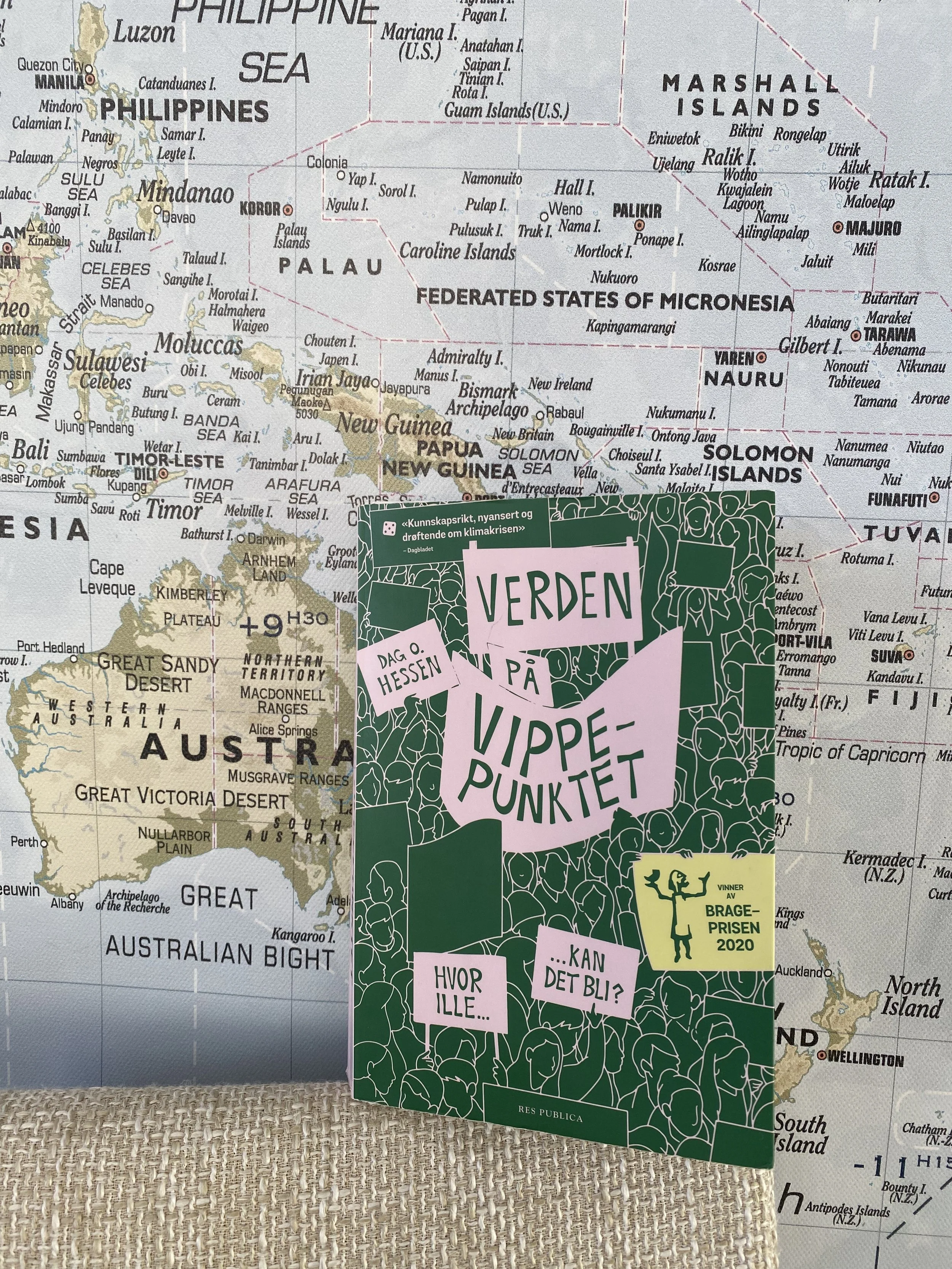With the start of Spring, it is also the start of more people spending time in nature, and sadly also, more garbage tends to fill up our natural surroundings. As a response to this, I am arranging a Beach Clean Up Week for the last week of May/ first week of June at my school.
I haven’t written so much about it, but this past year, I have been in charge of the Green Flag initiative at our school, which is the schools environmental program that aims to include everyone in a more sustainable everyday life. This year, our wonderful students democratically chose plastic pollution in the ocean as their yearly theme.
Building up to the Beach Clean Up Week, the students has learnt about the hasards of plastic in nature. If you yourself is either also a teacher, a parent, someone who works with children or young people, or simply wants to arrange your own Covid-friendly Beach Clean Up Week or day even, here are some of my tips :)
Get an understanding for why you are doing it. It can be good to show children for example a video like this that is aimed at children.
You can look into the facts of how long plastic litter lives in the ocean and talk about why this is a problem.
Miljøstatus.no
You can spend time in nature to build up a feeling of responsibility and love for the nature that surrounds us and give us so much.
Anemonoides nemorosa
And lastly, but also important; due to the still ongoing pandemic - use gloves and check with your kommune how you should dispose of the garbage. In Kristiansand, we will be handed gloves on the day and the kommune wants to pick up the full bags when we are done picking. This might be the case where you live as well, so it is worth looking it up at your kommunes website.
Every day can of course be pick up the plastic you find in nature day. For example yesterday, I walked past my local marina and saw a bottle of lighter fluid already floating in the ocean. I didn’t see it as an option to not pick it up and dispose of it.
Remember; every little thing you do counts, your actions matter, and psychologically, we tend to have a higher threshold to throw plastic in nature where there is none to begin with. Places that is already filled with litter does not make us feel so guilty, as someone else has already started. If all of us carry with us this mentality, that we will be the ones that keep our little area clean, then we are on a good way to a greener and more plastic free future.










